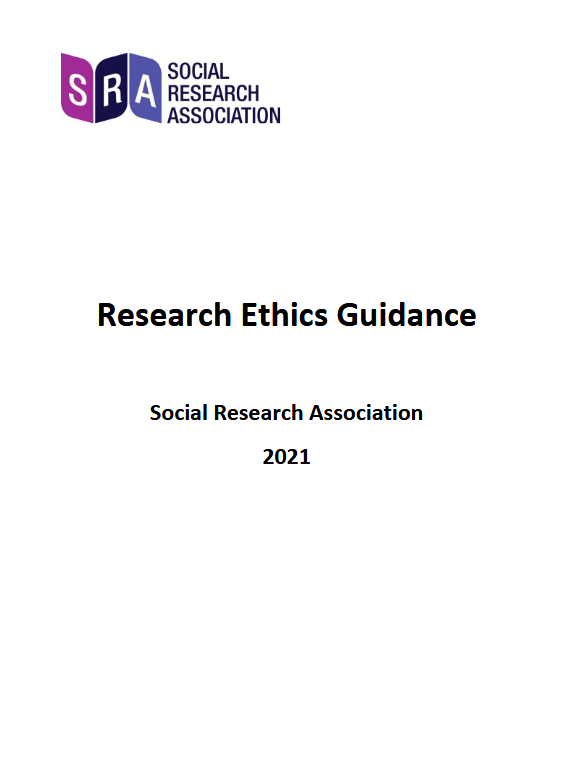I am joint author of SRA’s guidance on conducting research and evaluation in an ethical way, and mainly drafted the chapter on informed consent.
This guide does not claim to be exhaustive and makes it very clear that the points here were developed from previous guides, practice contexts and the work of others, with the aim of helping researchers in a very practical way. Extensive references allow readers to follow up particular topics.
While comprehensive, the guide cannot anticipate every ethical question which may emerge. Nor does it try to provide a rigid set of rules. Rather, and in keeping with the application of ethical principles in any social research or evaluation project, it sets out to explain common considerations, and principles which have been developed incrementally over years and which need to be balanced in the context of eg each R/E project’s aims methods, tools, participant groups, sampling frame, etc
That said, there are helpful pointers on e.g. informed consent, confidentiality, anonymity, preventing harm and limiting bias.
Hopefully the guidance will prompt practitioners to reflect on issues and discuss these with colleagues.
Researchers and evaluators can also raise conundrums with the the SRA’s Research Ethics forum or the SRA Ethics appraisal service to get their views.

